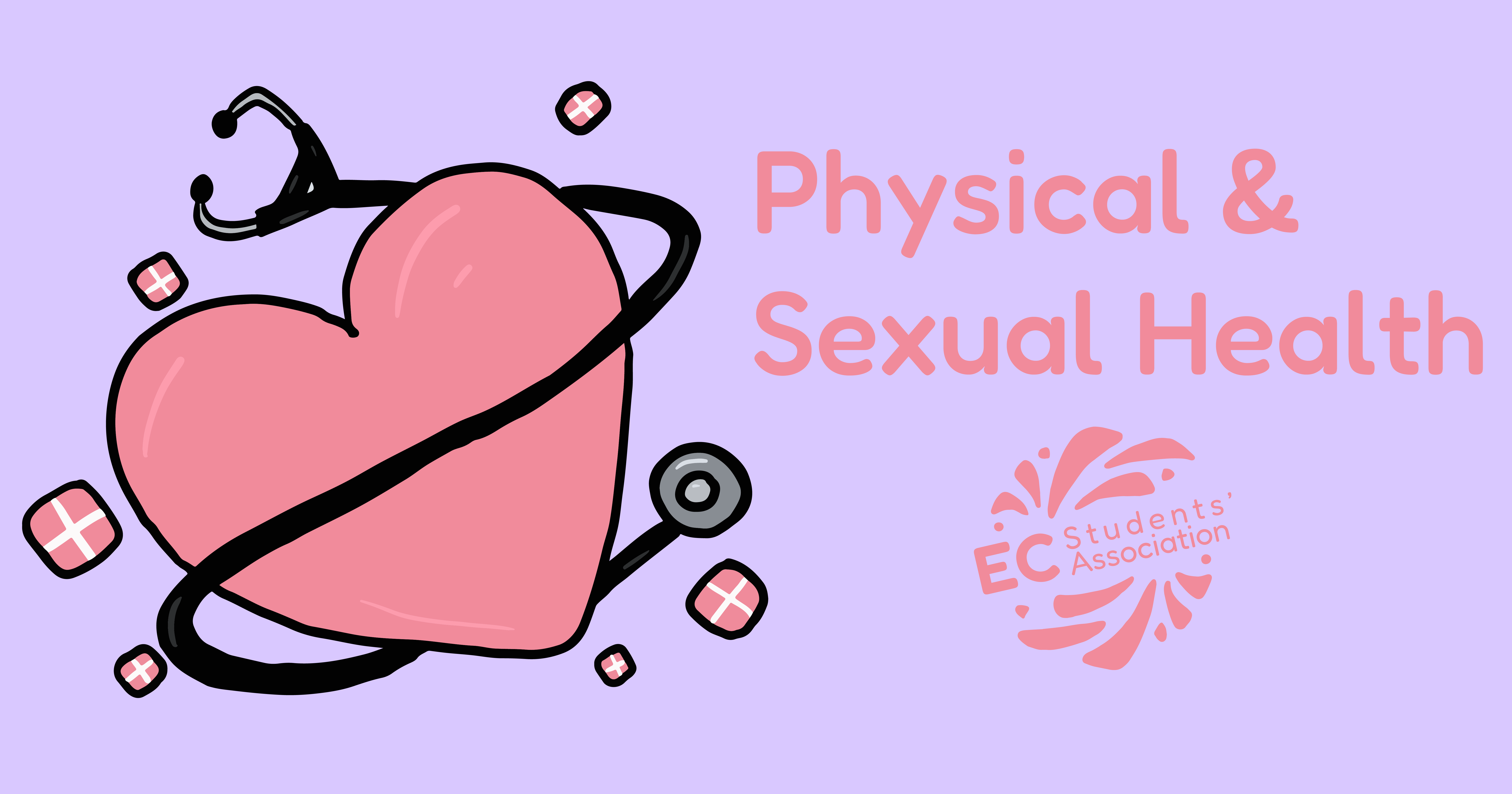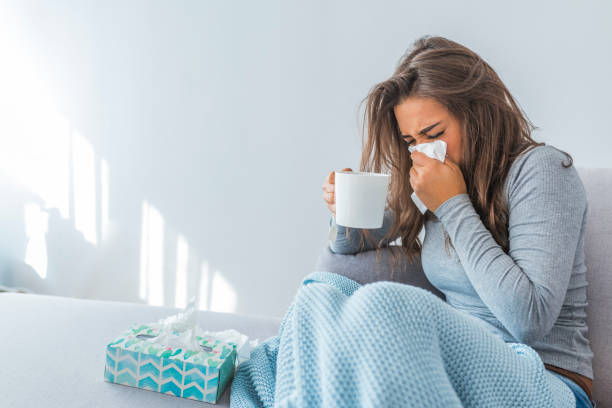
Becoming a student often means moving into a new area or a change in your living situation. This can come with a long to do list, but it is important to make sure you don’t forget to register with a GP in your new area and find your local pharmacy. Additionally, registering with a dentist and an optician in your new area will help you access treatment and check-ups as and when you need them.
Each medical practice runs their appointments and registrations differently, so make sure you do your research to make sure you know how and when you can register. It is also worth checking how you can book an appointment with the GP or nurse and whether or not the practice offers open surgery hours.
You can search for your local GP by postcode here:
You can search for pharmacies using your postcode here:
The NHS website contains a guide about health and access to healthcare which has been tailored specifically to students:
For more information on any of the below illnesses and conditions, or anything you may be concerned about.
Check out NHS Inform

Arthritis
Arthritis is a common condition that causes pain and inflammation in a joint.
In the UK, more than 10 million people have arthritis or other similar conditions that affect the joints. Arthritis affects people of all ages, including children.
There are several types of arthritis with differing symptoms so it is important to seek an accurate diagnosis of you are experiencing joint pain, inflammation, restricted movement, warm red skin around the joint or weakness around the joint.
Blood Pressure
High blood pressure, or hypertension, rarely has noticeable symptoms. If untreated, it can increase risk of serious problems such as heart attacks and strokes.
Around a third of adults in the UK have high blood pressure, although many will not realise this is the case.
Going to you local GP to get a blood pressure check is recommended as it is the only way to know your blood pressure.
Breast Cancer
Breast cancer is the most common type of cancer in the UK. Most women diagnosed with breast cancer are over the age of 50, but younger women can also get breast cancer.
About 1 in 8 women are diagnosed with breast cancer during their lifetime. There's a good chance of recovery if it's detected at an early stage.
For this reason, it's vital that women check their breasts regularly for any changes and always have any changes examined by a GP. The most common symptom that women notice is a lump or area of thick tissue in their breast. Though most lumps are not cancerous, checking these changes with a doctor is always the best option.
In rare cases, men can also be diagnosed with breast cancer.
Diabetes
Diabetes is a condition that causes high blood sugar. The hormone insulin moves sugar from the blood into your cells. With diabetes, your body either doesn’t make enough insulin or can’t effectively use the insulin it does make, dividing the condition into Type 1 and Type 2.
Symptoms of diabetes tend to be general and difficult to spot. They include feeling thirsty, tired, peeing frequently, slowly healing wounds, frequent thrush, weight loss or blurred vision.
Contrary to popular belief, there are no lifestyle changes that can lower the risk of Type 1 Diabetes. However, maintaining a healthy lifestyle can help to reduce your risk of Type 2 Diabetes.
Periods
A period is the part of the menstrual cycle when a woman bleeds from her vagina for a few days.
For most women this happens every 28 days or so, but it's common for periods to be more or less frequent than this, ranging from day 21 to day 40 of their menstrual cycle. Your period can last between 3 and 8 days, but it will usually last for about 5 days. The bleeding tends to be heaviest in the first 2 days. However, all of this can vary for each individual.
In the days approaching your period, it is common to experience PMS (Premenstrual Syndrome). This affects different people in different ways, but frequent symptoms include mood swings, bloating, breast tenderness, food cravings, fatigue, depression and feeling easily irritated.
Your periods may change and this does not necessarily mean that there’s a problem. Nonetheless, it is always important to check this with your GP, or a woman’s or contraceptive clinic, especially if you are experiencing bleeding between periods, after sex or after menopause.
Free tampons, pads and menstrual cups are available from ECSA on every campus. This is a completely anonymous service and you can take as much as you like!
For lots more information check out this awesome resource by Yoppie on Menstrual Cycles and Mental Health.
Pregnancy
Early pregnancy has many symptoms which might indicate the need to use a pregnancy test. For those with a regular menstrual cycle, a missed period is probably the first and clearest sign of possible pregnancy. Other symptoms include nausea, tiredness, sore breasts, peeing more frequently or experiencing strange tastes, smells and cravings.
Whatever you want to know about getting pregnant, being pregnant or caring for your new baby, you should get information and support from your local GP. The NHS website also has a large amount of official information to help you.
If you are not currently trying to get pregnant, it is important to use contraception during sex.
Free condoms and lube are available from ECSA at every campus. This is a completely anonymous service and you can take as much as you like!
Prostate Problems
Prostate problems are common, particularly in men aged over 50.
The prostate is a small gland found only in men. 1 in 3 men over 50 will experience some symptoms of prostate problems/enlargement. Many of these symptoms include difficulties or changes when urinating.
Getting prostate checks is the most effective way to monitor or diagnose prostate problems.
A local GP can spot any problems that may be caused by your prostate.
Testicular Cancer
Cancer of the testicle is one of the less common cancers, and tends to mostly affect men between 15 and 49 years of age.
Typical symptoms are a painless swelling or lump in one of the testicles, or any change in shape or texture of the testicles.
It's important to be aware of what feels normal for you. Get to know your body and see a GP if you notice any changes.
There are lots of ways to get more active, no matter your life or physical ability. Getting more active won't just improve your physical health but will improve your mental health and hopefully have a positive impact on the environment.
Exercise and Activities
Regular physical activity is an important part of living well. People who lead an active lifestyle are more likely to live longer and less likely to develop serious illnesses and health conditions.
Nowadays people are generally less active day to day. Most of us drive cars or take public transport rather than cycling or walking to work, with fewer of us working in manual jobs. Many then leave work to watch TV, use phones, computers and tablets as entertainment in the evening. Too much prolonged sitting can cause serious health problems. It is thought to slow your metabolism, affecting the body's ability to regulate blood sugar, blood pressure and break down body fat which in turn can increase your chances of getting a number serious health conditions including heart disease, type 2 diabetes, obesity and some cancers.
There is overwhelming evidence proving that we should all be more physically active. It's crucial if you want to live a healthy, fulfilling life into old age. The easiest way of becoming more active is to make physical activity part of your everyday life. There are simple ways of achieving a more active lifestyle and the more you do, the better.
The medically proven health benefits of regular physical activity include:
Research also suggests that regular physical activity can improve your general mood, self-confidence and sleep quality as well as give you more energy and reduce stress levels.
Check out NHS Inform for loads more information on activities for you and your family, and in depth information.
Active Travel
Active travel simply means making journeys by physically active means - like walking, cycling, or scooting.
With over 50% of all driven journeys in Scotland being less than 5km, and 26% less than 2km, there is plenty of scope for achieving a significant shift to walking and cycling as the most sustainable forms of transport.
Walking is key to getting more people choosing to not use cars as it is ideal for shorter trips. Walking also forms part of public transport journeys – walking to and from buses, trams and trains.
Positive impacts include:
Check out our Travel Hub for more information

Free Condoms
You can collect free condoms amd lube from your nearest Students' Association office. If you prefer, you can also get them from the C-Card service direct to your door:
Sexual Health Clinics
If you need a sexual health appointment, you can book one via the Chalmers Sexual Health Clinic by clicking the link below.
